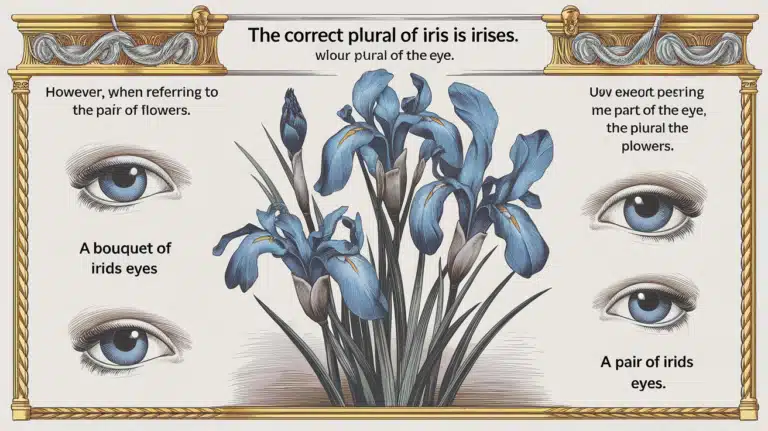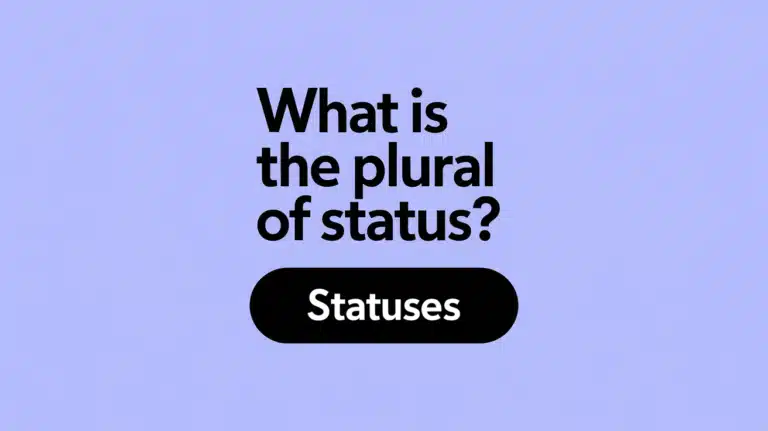Cracking the Code: Solving the Plural Puzzle in Software
In today’s rapidly evolving tech landscape we often encounter linguistic challenges like software or softwares. One such question that intrigues both tech enthusiasts and language lovers is the plural form of software. Should we use “software” or “softwares”? Let’s explore this digital dilemma and clarify the correct usage of this common term.
Introduction: The Software Usage Puzzle
Imagine this scenario: You’re in a meeting, discussing various programs your organization needs to implement. You say, “We need to install multiple softwares to improve our operations.” Suddenly, the room goes quiet, and a colleague looks puzzled. What happened?
This situation illustrates a common question that often arises in professional settings and online discussions: When referring to multiple software programs, should we use “software” or “softwares”?
Understanding “Software”: Beyond Computer Programs
Before addressing the plurality issue, let’s define software. Essentially, software refers to the set of instructions, programs, and data that direct a computer’s operations. It’s the non-physical counterpart to hardware – the tangible components of a computer system.
Software encompasses various types:
- System software: Manages basic computer functions (e.g., operating systems)
- Application software: Performs specific tasks for users (e.g., word processors, web browsers)
- Middleware: Links different software components or applications
Software’s intangible nature distinguishes it from hardware. While you can physically interact with a hard drive or a monitor, software exists as code and data.
Also Read About: Cocoon or Cacoon? Cracking the Spelling Code
Singular or Plural: The Language Question
Is “software” singular or plural? Interestingly, it’s both!
Software is a mass noun. Mass nouns refer to things that can’t be counted as individual units, like water, rice, or information. These nouns typically use the singular form, even when referring to multiple instances.
Consider this comparison:
| Countable Noun | Mass Noun |
|---|---|
| One book, two books | Software |
| A chair, some chairs | Hardware |
| An apple, many apples | Information |
Just as we don’t say “informations” or “rices,” using “softwares” is generally not considered standard in English.
Historical Context: The Origin of “Software”
The term “software” is relatively new. Statistician John W. Tukey coined it in 1953 to describe programs and routines that operated computers.
“Today the ‘software’ comprising the carefully planned interpretive routines, compilers, and other aspects of automative programming are at least as important to the modern electronic calculator as its ‘hardware’ of tubes, transistors, wires, tapes and the like.” – John W. Tukey, 1958
Since its introduction, the usage of “software” has evolved, but its classification as a mass noun has remained consistent.
Language Experts’ Perspective
Style guides and linguistic experts generally agree: “software” should be used for both singular and plural contexts. The Chicago Manual of Style, a respected authority on English usage, explicitly states that “software” is a mass noun and should not be pluralized.
However, language constantly evolves, and debates between prescriptive and descriptive grammar approaches continue. Prescriptivists advocate adhering to established rules, while descriptivists argue that common usage should guide correctness.
Global Perspectives on “Software”
The plurality debate isn’t unique to English. Other languages have addressed tech terminology differently:
- French: “Le logiciel” (singular) / “Les logiciels” (plural)
- German: “Die Software” (both singular and plural)
- Spanish: “El software” (singular) / “Los softwares” (informal plural, though “los programas” is preferred)
This global variation highlights the challenges of standardizing tech language across cultures.
Alternatives to “Softwares”: Expressing Plurality
When referring to multiple software instances, consider these clear alternatives:
- Pieces of software
- Software applications
- Software programs
- Software solutions
- Systems
- Tools
For example: “We need to install three pieces of software to complete this project.”
Industry Usage: Tech Companies and Developers
Major tech companies often use specific terminology:
- Microsoft: “Microsoft 365 apps and services”
- Apple: “Apps and software”
- Google: “Google Workspace apps”
In academic papers and technical documentation, authors frequently use phrases like “software systems” or “software tools” for clarity.
A quick search on Stack Overflow, a popular developer forum, shows that most programmers use “software” as a mass noun, occasionally using “codebases” or “applications” for specificity.
Exceptions to the Rule
While “softwares” is generally not recommended, there are rare instances where it might appear:
- Brand names: Some companies use “Softwares” in their name (e.g., “ABC Softwares Inc.”)
- Non-native speakers: In some regions, “softwares” is commonly used in English communication
- Informal settings: In casual conversations or certain dialects, “softwares” might be heard
However, in professional and formal contexts, it’s best to use the standard form.
Tips for Clear Communication
To avoid confusion when discussing multiple software items:
- Use specific terms: “We need to update our accounting and inventory software.”
- Employ modifiers: “The company develops enterprise software solutions.”
- Opt for alternative phrases: “We’re comparing different pieces of software for this task.”
Clarity should always be the primary goal in technical writing.
The Future of Tech Language
As technology evolves, so does our language. While “software” remains a mass noun currently, future changes might include:
- New terminology from emerging technologies like AI and quantum computing
- Blurring lines between software and hardware with nanotechnology advances
- More standardized tech language across cultures due to global communication
Conclusion: Software Usage Clarified
After exploring software linguistics, the conclusion is clear: “software” is correct for both singular and plural usage. As a mass noun, it doesn’t require an ‘s’ to indicate multiple instances.
Key takeaways:
- Software is a mass noun, like water or information
- Use “pieces of software” or “software programs” to indicate multiple items
- Context is crucial – be clear and specific in your communication
Understanding tech terminology nuances helps us communicate more effectively in our digital world. Now you’re equipped with knowledge to discuss software usage confidently!







